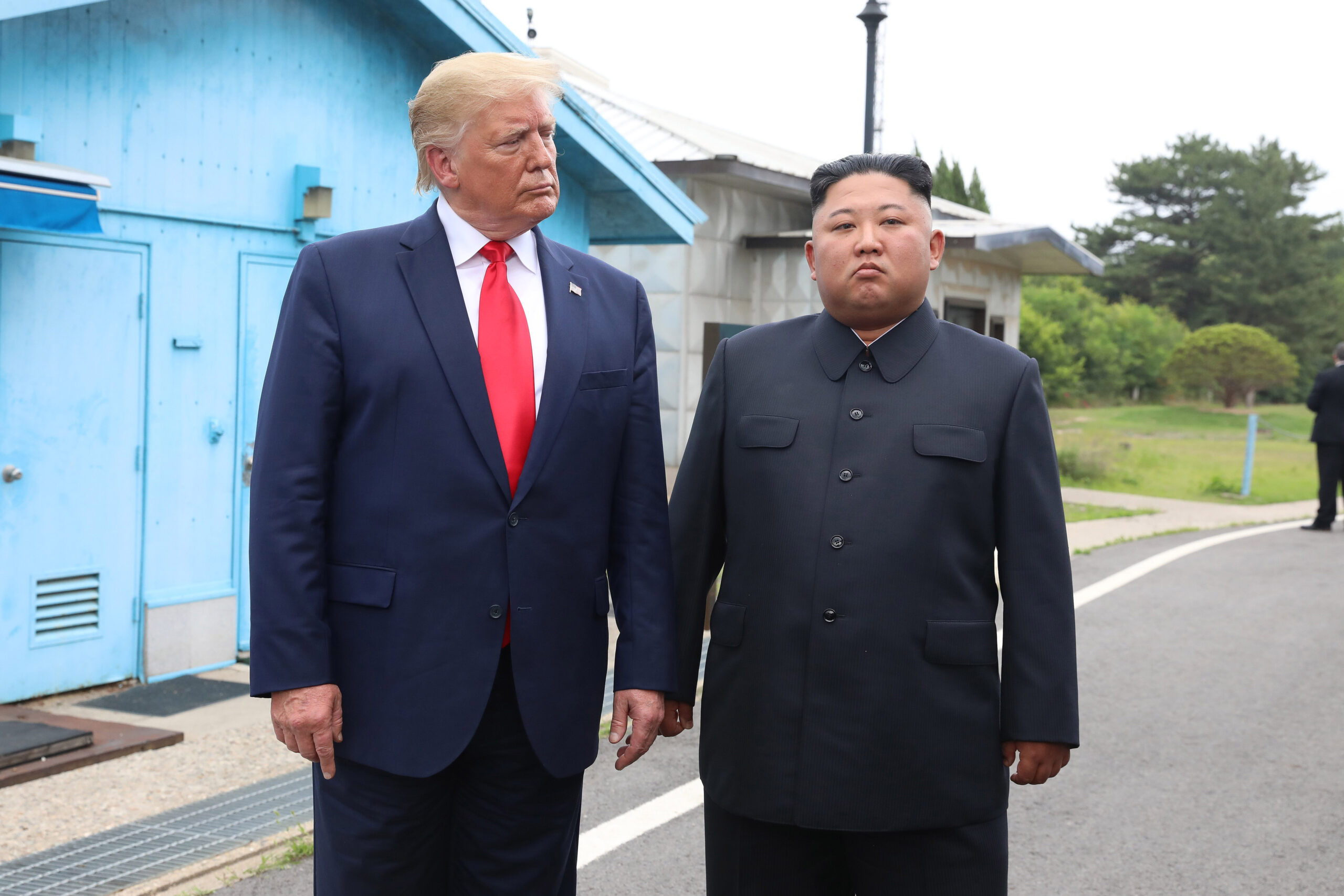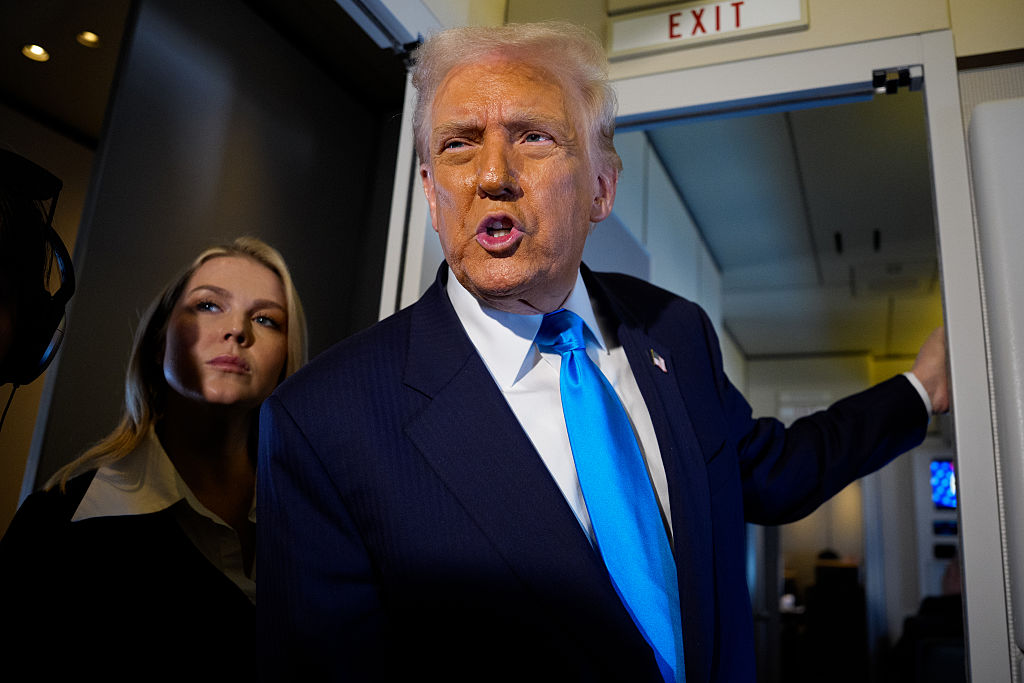As part of his recent tour of Asia, former President Donald Trump expressed a clear desire to rekindle one of the most unconventional diplomatic relationships of his presidency: his connection with North Korean leader Kim Jong Un. From aboard Air Force One, Trump openly conveyed his hope for a meeting, telling reporters he would “love to see him” and explicitly noting, “I’ll be in South Korea.” This public invitation was a direct attempt to revive the personal diplomacy that once saw the two leaders step across the world’s most heavily fortified border.
However, the response from Pyongyang was a telling silence. Despite Trump’s optimistic comments and his history of referring to fond memories and “beautiful letters” from Kim, no meeting materialized. Both U.S. and South Korean officials confirmed that no plans were ever formalized. This lack of engagement underscored a significant shift from their previous encounters, which were characterized by historic handshakes and declarations of a unique personal rapport that once captured global attention.

The North Korean leader’s reluctance was not entirely without explanation. In the lead-up to Trump’s arrival, Kim Jong Un had already set forth his conditions for any future dialogue. Through state media, he stated that he would only consider sitting down with the United States if it dropped its “absurd obsession” with denuclearization and accepted “genuine peaceful coexistence.” This position effectively rejected the foundational goal of past negotiations and presented a major obstacle to any impromptu meeting.

Further complicating the diplomatic landscape was a pointed military signal from the North. Just hours before Trump landed in South Korea, North Korea conducted a test-firing of cruise missiles. Such actions are widely interpreted by analysts as a method for Pyongyang to assert its military capabilities and send a defiant message to its adversaries without directly engaging in conflict, effectively overshadowing Trump’s peaceful overture with a show of force.
In the end, Trump confirmed that the timing for a meeting could not be arranged. Despite this, he maintained a hopeful tone about future involvement with North Korea. The entire episode highlights the limitations of personal chemistry in international diplomacy. While a friendly past relationship may open doors, substantive engagement ultimately depends on aligning strategic interests and political conditions, which, for now, remain starkly out of alignment on the Korean peninsula.


